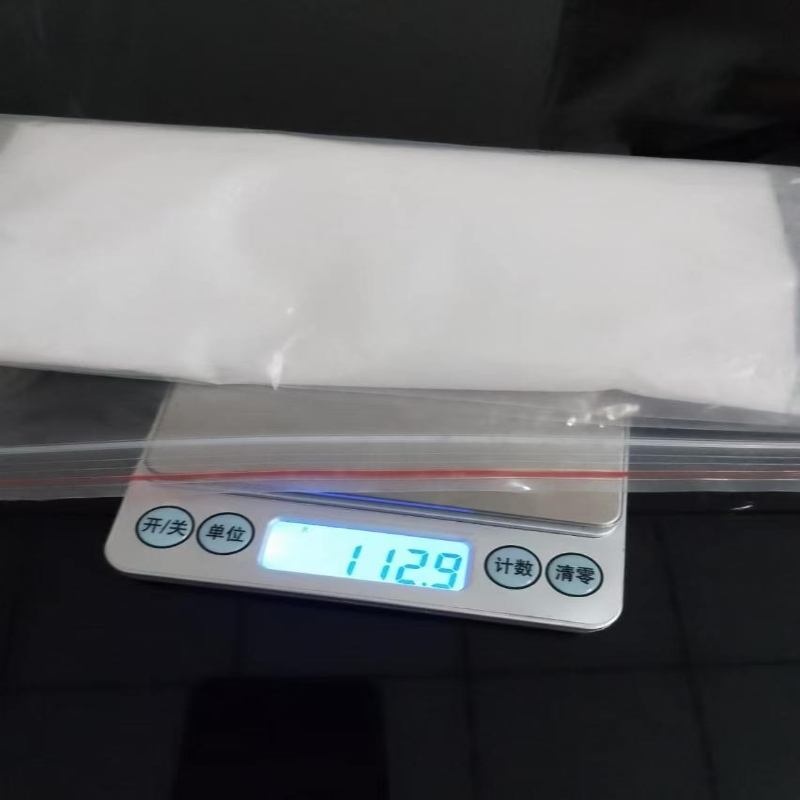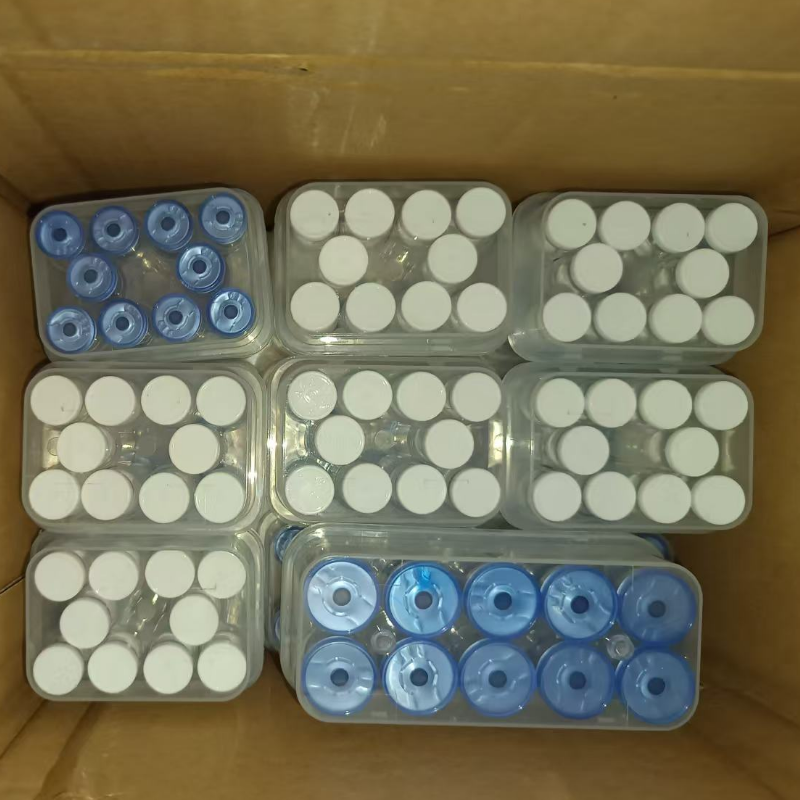-
Categories
-
Pharmaceutical Intermediates
-
Active Pharmaceutical Ingredients
-
Food Additives
- Industrial Coatings
- Agrochemicals
- Dyes and Pigments
- Surfactant
- Flavors and Fragrances
- Chemical Reagents
- Catalyst and Auxiliary
- Natural Products
- Inorganic Chemistry
-
Organic Chemistry
-
Biochemical Engineering
- Analytical Chemistry
-
Cosmetic Ingredient
- Water Treatment Chemical
-
Pharmaceutical Intermediates
Promotion
ECHEMI Mall
Wholesale
Weekly Price
Exhibition
News
-
Trade Service
Induction or adjuvant chemotherapy plus concurrent chemoradiotherapy (CCRT) is the first-line treatment option
for locally advanced nasopharyngeal carcinoma (LA-NPC).
However, platinum-assisted regimens are poorly tolerated, so there is still an urgent clinical need for effective and tolerable adjuvant regimens
.
The study aimed to evaluate the efficacy and safety
of capecitabine-assisted CCRT in patients with LA-NPC.
This is an open-label, randomized trial that recruited patients with stage III-IVb nasopharyngeal carcinoma from three institutions in China between March 31, 2014 and July 27, 2018, randomized (1:1) into two groups, and adjuvant capecitabine after concurrent chemoradiotherapy or observation
.
The primary endpoint was failure-free survival
.
A total of 180 patients (median age 47 years, 79.
4% males) were enrolled, with 90 in each group
.
In the capecitabine group, 76 (84.
4%) had at least two high-risk factors; Eighty (88.
9%) patients in the control group had at least two high-risk factors
.
All patients completed CCRT except one patient
in the capecitabine group who received a course of cisplatin.
Eighty-five (94.
4%) patients in the capecitabine group received capecitabine treatment, of which 71 (78.
9%) completed 8 courses
.
Failure-free survival, overall survival, distant recurrence-free survival, and locally relapse-free survival in both groups
After a median follow-up of 58 months, 18 and 31 events
were recorded in the capecitabine and control groups, respectively.
Adjuvant capecitabine improved failure-free survival (3 years: 83.
3 versus 72.
2 percent; 5 years: 78.
5% vs 65.
9%; Risk ratio 0.
53, p=0.
03).
The incidence of grade 3 treatment-related adverse effects (TRAE) was higher in the capecitabine group than in the control group (60.
0 versus 51.
1 percent).
Treatment-related adverse effects included dry mouth (18.
9 versus 10.
0 percent), mucositis (23.
3 versus 16.
7 percent), and anorexia (8.
9 versus 4.
4 percent).
The incidence of treatment-related adverse effects with grade 3 delay was comparable in both groups (10.
8 versus 8.
6 percent).
In summary, the results of this randomized clinical trial showed that adjuvant capecitabine after concurrent chemoradiotherapy was well tolerated in patients with locally advanced nasopharyngeal carcinoma with high-risk factors, and improved survival without treatment failure
.
Original source:
Miao J, Wang L, Tan SH, et al.
Adjuvant Capecitabine Following Concurrent Chemoradiotherapy in Locoregionally Advanced Nasopharyngeal Carcinoma: A Randomized Clinical Trial.
JAMA Oncol.
Published online October 13, 2022.
doi:10.
1001/jamaoncol.
2022.
4656







